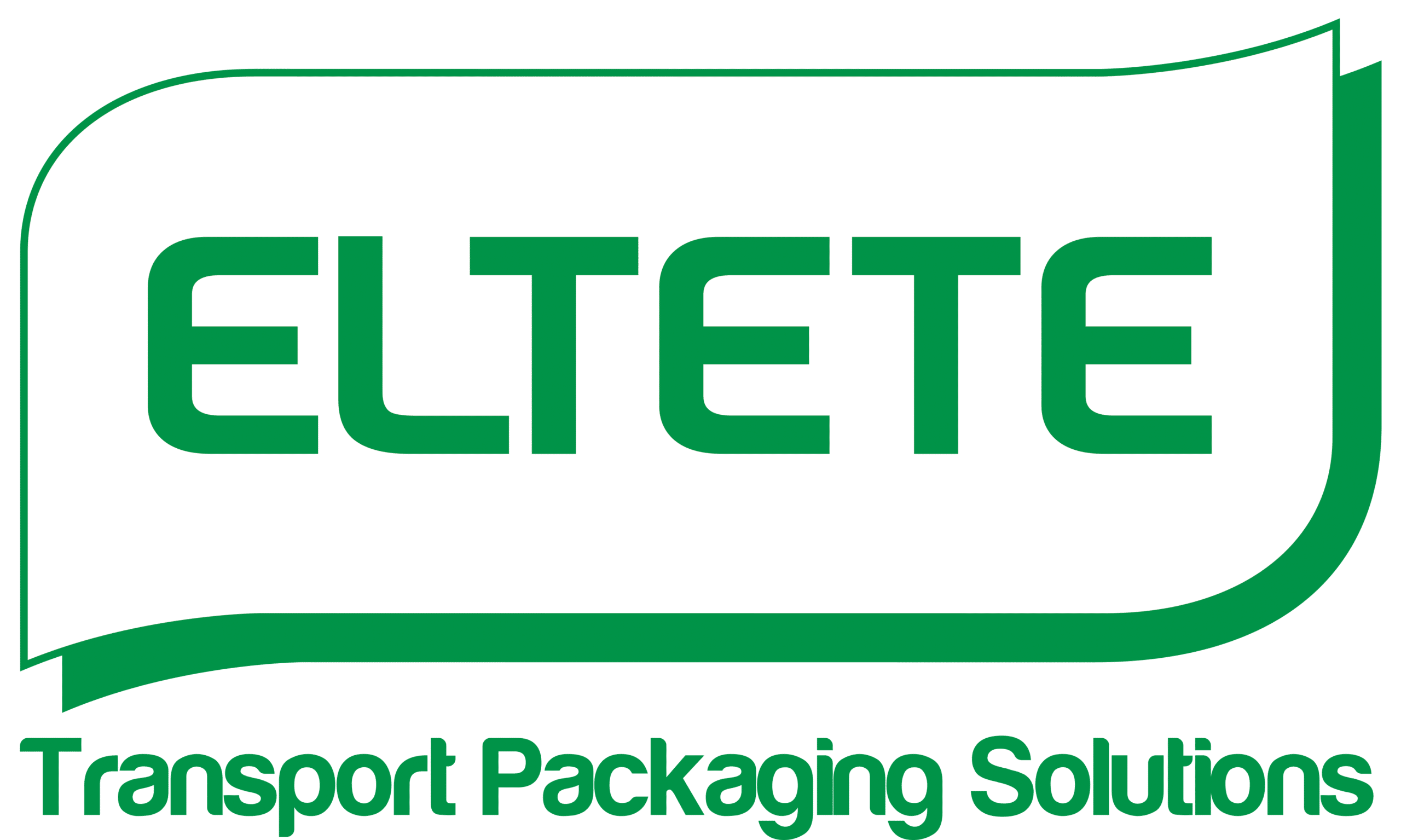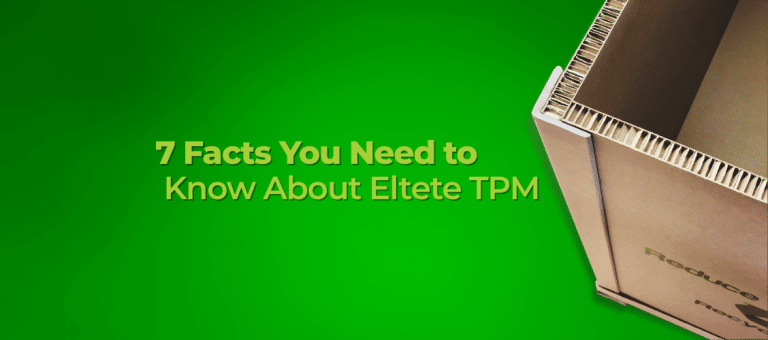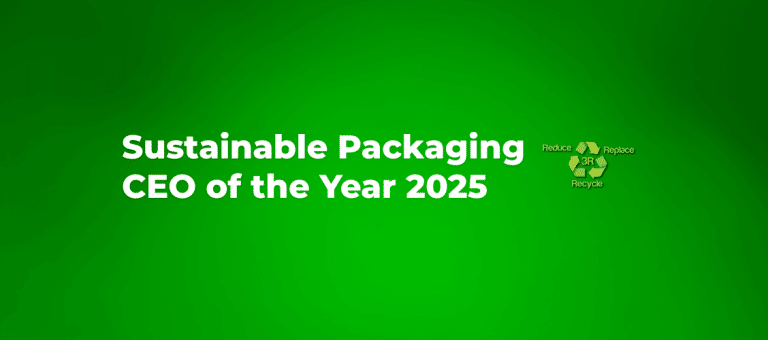You know that package of your refrigerator, air conditioner, furniture, oven, etc., protected with EPS against transport damage? Have you experience the moment when you unpack and it breaks down into tiny pieces sticking to your house, to your skin like a plague? These tiny pieces still have all the chemicals and toxins that comprise the original product. Now image this ending up in our eco-system, in our oceans.
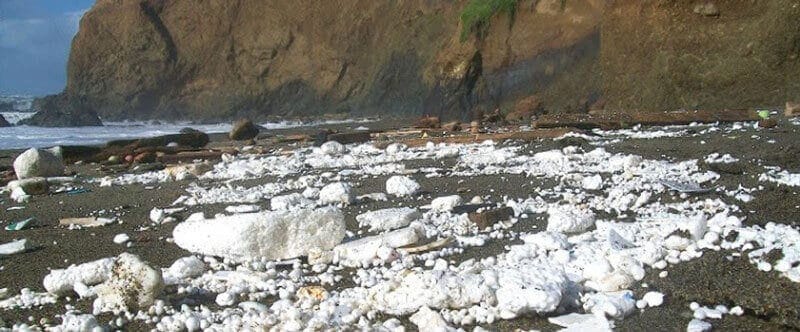
Expanded polystyrene (EPS) has in its composition 98% of air and 2% of plastic. This means that when melted, the final volume of it drops to 10% of what was collected. For this reason, most cooperatives and companies in the recycling industry do not even accept donations, and much less are willing to collect it, since, due to its low density, it occupies a lot of volume, which makes it expensive to transport and, consequently, to be recycled, requiring very large quantities to make the process economically viable as a whole.
When there is a huge amount of EPS material and no viable way of getting rid of it, here is what happens to all of it produced around the world:
- In the garbage, which will take at least 500 years to decompose.
- In landfills, which will take too much space and saturate waste areas more quickly, requiring large public investments in the construction of new landfills.
- If incinerated, EPS releases carbon dioxide, thus contributing to air pollution and global warming.
- In rivers, seas, oceans ingested by all kind of marine animals and organisms – the pieces of EPS will be quickly colonized by a thin layer of microbes, which releases chemicals that make plastic and “Styrofoam” smell and taste food for animals.

Honeycomb Board. The 100% recyclable alternative.
Honeycomb Board is lightweight but with a strong structure. It has good cushioning as well as insulation effect, and an excellent shock absorbing properties making it ideal for storing and transporting from fragile to heavy products. It can be die cut, shaped and it is 100% recyclable!
Combined with other recyclable solutions made from carton, such as Edgeboards, it gives you a complete excellent sustainable packaging, giving a good image to your company, helping the preservation of environment, and bringing savings to your logistics chain.
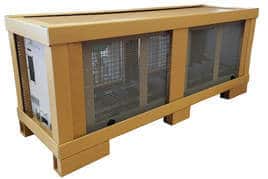
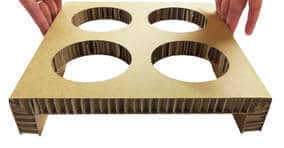
Unlike what happens with unsustainable materials, the recycling of Honeycomb Board is easy and effective.
This is especially so because most varieties of cardboard typically comprise processed fibres. Therefore, when you recycle carton board waste, you end up saving ample amounts of water and energy. In addition, you minimise the felling of trees for deriving virgin material as well.
Recycling carton helps in saving trees. It facilitates the prevention of global warming as well. It helps in the saving of various virgin materials. Above all though, it will not end up into the landfills around the world.
EPS is responsible for a tremendous portion of worldwide waste, a material that kills our animals, poisons our environment, and dangerously compromises our health. Is this what your company chooses?
WE ARE WHAT WE CHOOSE.
CHOOSE CARTON BASED MATERIALS. CHOOSE OUR PLANET.
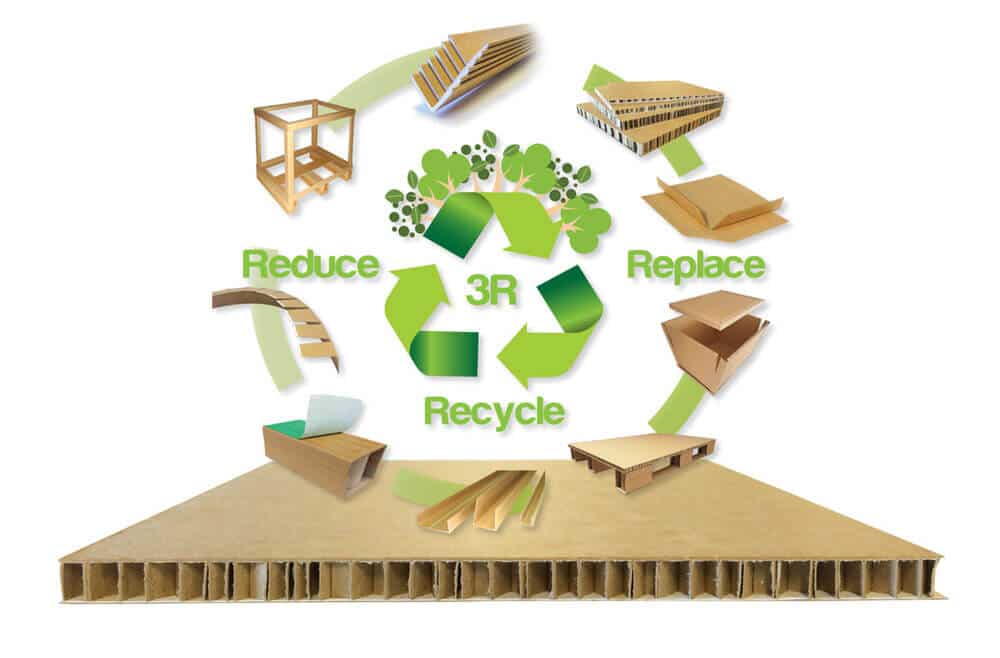
Industries: Go green!
Many companies from different sectors (food, white goods, electronics, etc) are banning the use of EPS. End customers are complaining its presence in packages.
The industries that produce it should consider invest in a local manufacture of honeycomb board in order to eliminate this product and its hidden threats from the face of earth.
Eltete, besides selling over decades sustainable transport packaging solutions, also design, develop and manufacture the machinery responsible for its production.
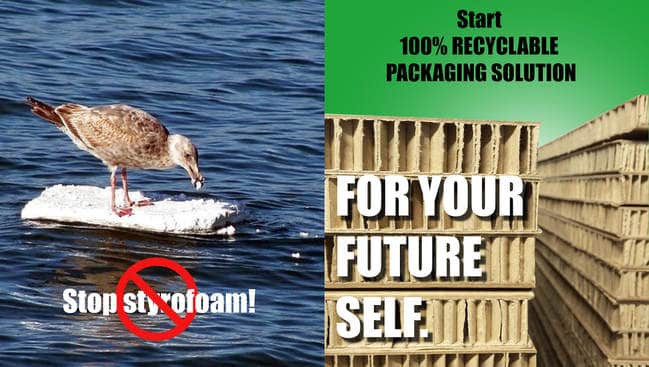
Say no to styrofoam!
